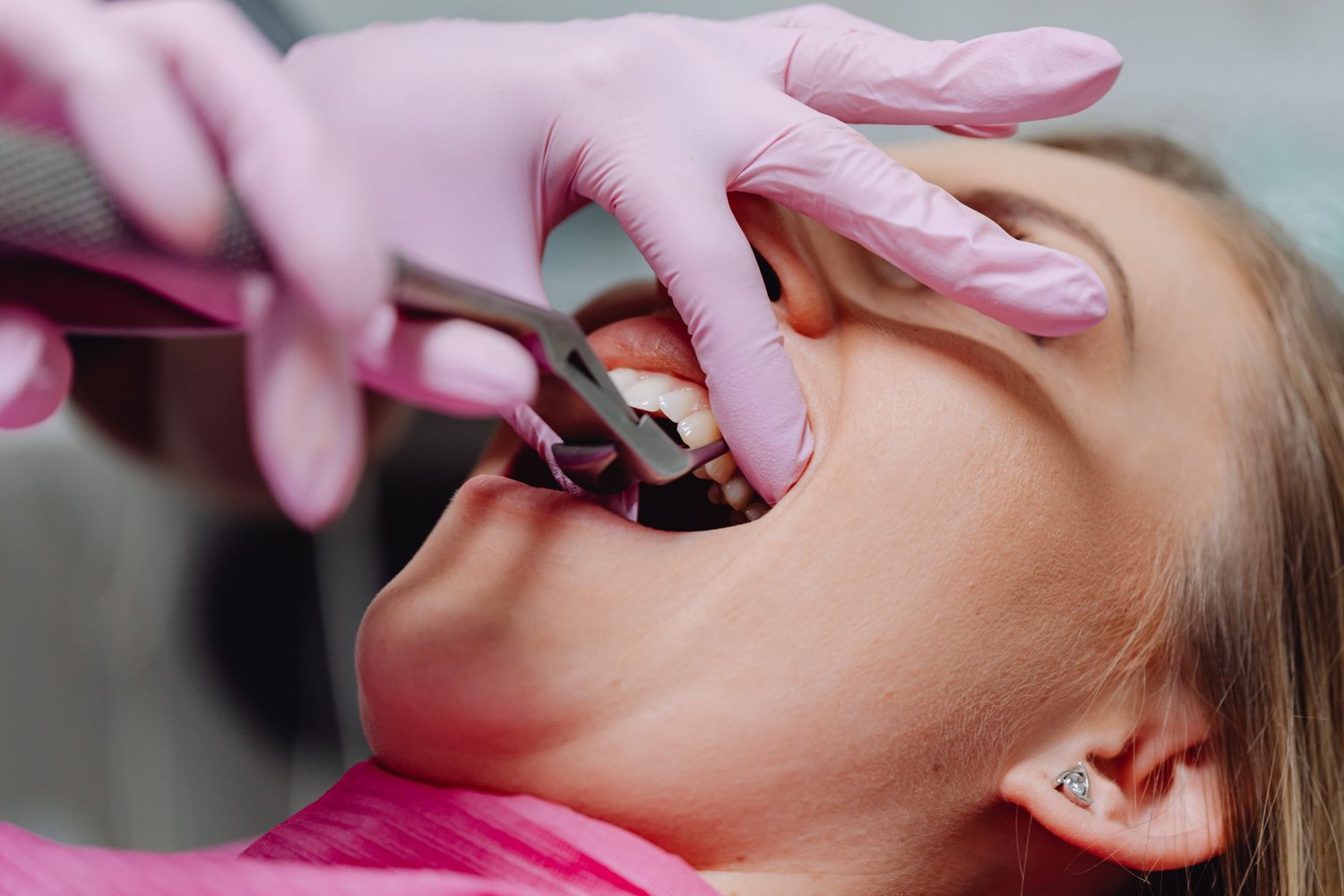Tooth extractions are among the most common dental procedures, yet they remain shrouded in fear and misunderstanding. Many patients hesitate to undergo Dental Extractions in Dubai due to outdated beliefs or exaggerated stories they’ve heard from others. These misconceptions can prevent people from seeking the care they need, potentially worsening dental problems. By separating fact from fiction, patients can make informed decisions and approach extractions with confidence.
Myth 1: Tooth Extractions Are Extremely Painful:
One of the most persistent myths is that extractions are unbearably painful. While it’s true that tooth extractions used to be more uncomfortable in the past, modern dentistry has made significant advancements in anesthesia and pain control. In most cases, the procedure is nearly painless, with only mild discomfort afterward. Dentists use local anesthesia to numb the area, and patients typically report that the experience is far less traumatic than expected.
Myth 2: You Should Only Extract a Tooth as a Last Resort:
Another common belief is that tooth extraction should only be considered when all other treatments fail. While preserving natural teeth is generally preferred, extractions are sometimes the most effective solution. Teeth that are severely decayed, infected, or impacted can pose a risk to surrounding teeth and overall oral health. In such cases, early extraction can prevent more serious issues. Dentists in Dubai assess each case individually to determine the most appropriate treatment plan.
Myth 3: Recovery Takes a Long Time:
Many people believe that recovery from a tooth extraction is a long and painful process. In reality, most patients heal quickly—especially when they follow post-operative instructions carefully. Basic healing usually takes a few days, while complete tissue recovery may take a couple of weeks. With proper aftercare, including rest, soft foods, and good hygiene, complications are rare. Clinics performing Dental Extractions in Dubai often provide detailed recovery guidelines to ensure smooth healing.
Myth 4: You Can’t Eat or Drink Normally for Days:
It’s a common misconception that you’ll be unable to eat or drink anything substantial for an extended period after an extraction. While certain foods and habits should be avoided—like drinking through a straw or eating crunchy items—you can resume a soft food diet within a few hours. Soups, yogurt, mashed potatoes, and smoothies are ideal choices. Hydration is also encouraged, just without carbonated drinks or alcohol during early recovery.
Myth 5: All Wisdom Teeth Must Be Removed:
Many believe that wisdom teeth always have to be extracted, but this isn’t true for everyone. If wisdom teeth are healthy, properly aligned, and not causing crowding or pain, they may not require removal at all. Dentists assess the positioning and health of each wisdom tooth through X-rays and physical exams. In Dubai, patients undergoing Dental Extractions in Dubai are carefully evaluated to determine whether extraction is necessary or avoidable.
Myth 6: You’ll Immediately Feel Worse After the Extraction:
Some patients think they’ll feel significantly worse after the procedure, but most actually feel relief—especially if the tooth was infected or causing chronic pain. Once the numbing wears off, there may be some discomfort, but it is manageable with over-the-counter medication and cold compresses. More importantly, removing a problematic tooth eliminates ongoing pain and infection, making it a step toward improved health rather than a setback.
Myth 7: Tooth Extraction Will Affect Your Speech Permanently:
The fear of long-term speech issues is common, especially when a front tooth is involved. However, speech typically returns to normal quickly, especially after the area heals or a replacement tooth is added. Temporary changes in pronunciation may occur, but they are rarely permanent. Dental professionals can recommend prosthetics like partial dentures or implants that help maintain normal speech function and appearance.
Myth 8: There’s Nothing You Can Do After an Extraction:
Some people think losing a tooth is the end of the road, but dentistry offers many restorative options. From implants to bridges, modern treatments restore both appearance and functionality. Ignoring the gap left by a missing tooth can lead to shifting teeth, jawbone loss, and bite issues. That’s why many dentists in Dubai include post-extraction planning as part of the comprehensive process for Dental Extractions in Dubai, helping patients move forward confidently.
Myth 9: Extractions Are Only for Adults:
It’s often assumed that only adults need extractions, but children and teens may also require them. Baby teeth that don’t fall out on time, orthodontic needs, or trauma can all necessitate early tooth removal. Pediatric dentists are trained to make the process as stress-free as possible for younger patients, using child-friendly techniques and sedation if needed. Early extractions are sometimes essential to ensure proper development and alignment of permanent teeth.
Myth 10: Dental Extractions Are Risky Procedures:
While all surgical procedures carry some risk, tooth extractions are considered low-risk when performed by a qualified professional. The risk of complications like dry socket or infection is minimal and can be mitigated with proper care. Reputable clinics in Dubai follow strict hygiene protocols, use advanced equipment, and provide thorough aftercare to minimize any risks associated with Dental Extractions in Dubai.
Final Thoughts:
Tooth extractions may seem intimidating, but many of the fears surrounding them are based on outdated or incorrect information. With advancements in modern dentistry, the process is now safer, faster, and more comfortable than ever. By debunking these common myths, patients can better understand what to expect and make informed choices about their oral health. Whether you're considering or scheduled for Dental Extractions in Dubai, trusting your dental professional and being prepared with facts can transform anxiety into confidence.

